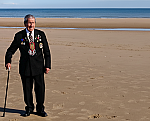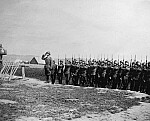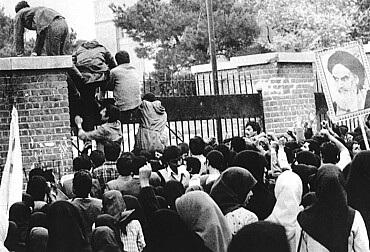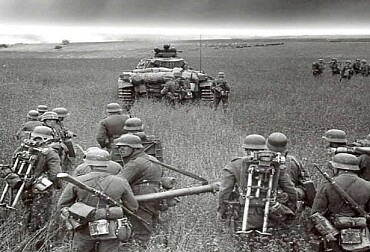Christmas during World War I: A brief glimpse into the truce of 1914
Christmas is a time traditionally associated with peace, goodwill, and unity among people. However, during the dark days of World War I, when nations were engulfed in one of the deadliest conflicts in history, a remarkable event occurred along the Western Front in 1914. Soldiers from opposing armies, amidst the trenches and barbed wire, put aside their weapons and celebrated Christmas together. This extraordinary truce of 1914 offered a brief but poignant glimpse into the enduring human spirit and the longing for peace even in the midst of war.
Trench warfare and the stalemate
By Christmas 1914, World War I had already taken a devastating toll on soldiers and civilians alike. The Western Front, in particular, had become a vast network of trenches, stretching from the English Channel to the Swiss border. Soldiers on both sides endured unimaginable hardships, from the constant threat of enemy fire to harsh winter conditions that left them wet, cold, and miserable. The war had settled into a brutal stalemate, with neither side gaining significant ground.
The Christmas truce begins
Amidst this grim backdrop, Christmas Eve arrived in 1914. The soldiers entrenched along the Western Front were far from their homes and families, and the idea of spending the holiday in the trenches weighed heavily on their hearts. As night fell, something extraordinary began to unfold. Sporadic singing of Christmas carols from the trenches could be heard across no man's land.
The Germans initiated the first moves, lighting small Christmas trees and holding lanterns above their trenches. They began singing "Stille Nacht" (Silent Night), a Christmas carol familiar to both sides. In response, British and French soldiers cautiously joined in, singing carols in their native languages.

The truce spreads
As the night wore on, an eerie quiet descended upon the battlefield, as if both sides collectively decided to put the war on hold. Soldiers from both the Allied and Central Powers began to cautiously venture into no man's land, where they met their erstwhile enemies. In what can only be described as a surreal moment, soldiers exchanged gifts, shared cigarettes, and even played football (soccer) matches with empty tin cans as makeshift balls. This remarkable event transcended nationality and demonstrated the shared humanity of those caught in the maelstrom of war.
A spirit of brotherhood
The Christmas Truce of 1914 was not officially sanctioned by high-ranking officers on either side, but it was a genuine and spontaneous expression of the soldiers' yearning for peace and respite from the horrors of war. It revealed a spirit of brotherhood and camaraderie that transcended the political and national divisions that had driven nations to war.
Aftermath and legacy
Unfortunately, the Christmas Truce was short-lived. As the days passed and higher-ranking officers got wind of the informal ceasefire, they issued orders to resume hostilities. Soldiers who had shared moments of peace and friendship were soon forced back into the trenches to continue the brutal conflict.
Nonetheless, the Christmas Truce of 1914 left an indelible mark on those who experienced it and has continued to capture the world's imagination. It serves as a poignant reminder that, even in the darkest of times, the human spirit can seek moments of humanity, unity, and peace. As we remember the events of World War I and the remarkable truce of 1914, it is a testament to the enduring hope for a better world and the universal desire for peace, especially during the holiday season.








